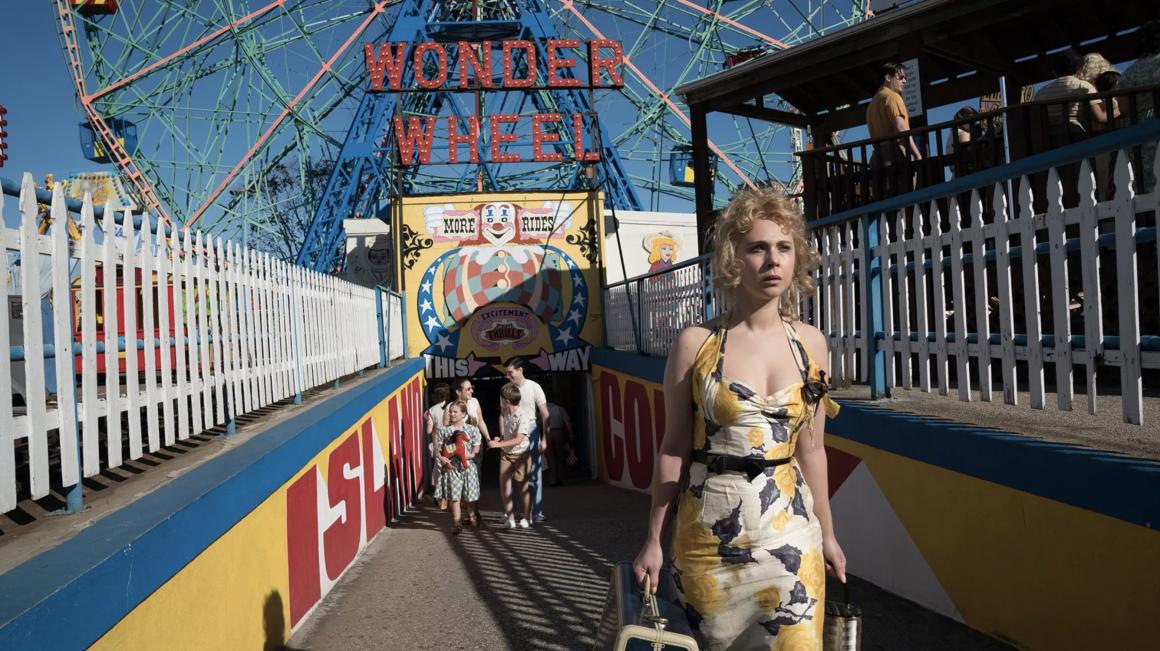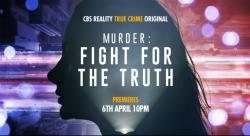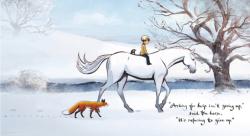By Jason Solomons
What to do with Woody Allen? To declare an interest, I wrote a book about his films in 2015. It sold out and has just gone into a glossy second edition (Woody Allen Film by Film), which I’ve updated with four new films, including this latest one, Wonder Wheel, and with a topped-up interview with the now 83-year-old man himself, detailing his thoughts about life, love, work, music and death.
It has a great quote from him on the new cover, obtained after I sent him a copy of the first book. He sent back a little note: ‘Thanks for the very pretty book – I’m never gonna read it.’ Woody says he never reads anything written about him, which helps him through the vagaries of good reviews and bad for the 48 feature films he’s turned out at a rate of one a year since 1969 – some good, some great, some okay and maybe four or five pretty bad. It also helps him drown out the noise which surrounds his private life, a sound which grew deafening when he left long-time girlfriend Mia Farrow for her own
adopted daughter, Soon-Yi Previn in 1992.
That put a lot of people off Woody. As did the allegation made at the height of the separation and custody battles that ensued, that Woody sexually abused the couple’s adopted daughter Dylan one day in an attic. That last allegation, never proven in court due to lack of evidence, has resurfaced in recent months in the wake of her brother Ronan Farrow’s heightened journalistic stock in bringing down Harvey Weinstein and following Dylan’s own accusations that, in continuing to honour Woody Allen with awards, festival slots at Cannes and, by inference, in laudatory books like mine, the film industry was enabling an abuser.
She even went on TV to give an interview, which was very affecting and sad. Woody, as he has always done, denied the accusation, while his other son, Moses Farrow, also said poor Dylan was remembering it all wrong. Adding to the fire of #MeToo, some actresses started disowning their previous work with Woody – awards contender Greta Gerwig (Lady Bird) said she wished she’d never appeared in his film (To Rome with Love); Rebecca Hall publicly spoke of her shame at being in Vicky Cristina Barcelona; and even Wonder Wheel star Kate Winslet – when it became clear she wasn’t going to get an Oscar nomination this year – finally expressed regret at having worked for the now-unspeakable trio of Weinstein, Roman Polanksi and Woody Allen.
Wherever you looked, Woody was suddenly toxic, and here was I with a shiny new book about him piling up on warehouse shelves waiting for release. There’s actually talk that his next film, A Rainy Day in New York, won’t get released. So what should I do with my book? Reader, the book’s out. I’m proud of it and am not about to disown it. It doesn’t deal with the abuse allegations because, as the mother in Annie Hall says when her son Alvy realises the universe is expanding and we’re all doing to die, what is that my business?
But it does deal with the work of someone who, despite his best days being behind him, I still consider a major film-maker, philosopher, writer and comedian. Of course, he really wanted to be a great tragedian, and it would be a tragedy if he were only remembered as a creepy abuser. Ironically, he’s still the film- maker who’s got the most Oscar nominations for actresses and written some of the best-ever parts for women – think of Diane Keaton, Mia Farrow, Gena Rowlands, Diane Wiest, Barbara Hershey, Cate Blanchett... There are two more here in 1950s-set melodrama Wonder Wheel, for Kate Winslet as frustrated actress Ginny, now working in a clam shop on Coney Island boardwalk, and her stepdaughter Carolina, played by Juno Temple, on the run from a mobster husband. Both of them are really good.
In the middle is Mickey Rubin, a handsome beach lifeguard (he’s played by Justin Timberlake, indeed) by day and frustrated off-Broadway playwright by night (you know the sort...). He’s smitten with the older, married Ginny, until Carolina’s damsel in a swimming costume shows up. Eventually the movie settles on Ginny’s unravelling, and Winslet pulls the focus for her Blue Jasmine moment. Allen writes it like something he saw on the stage in the 1950s, a pressure-cooker interior piece in the style of O’Neill or Arthur Miller. Suffused with golden and neon light by cinematographer Vittorio Storaro, it’s one
of Woody’s most beautiful films yet the sentiments are ugly and sad, even brutal.
There’s no other film like this out there, and no other film-maker like Woody Allen, with the bitter nostalgia, the Jo Stafford songs, the stock characters, the air of regret and loss. Some gleeful detractors say it’ll be his last movie – on this form, no great loss to the current cinematic landscape, I admit. But it would be sad, because that decision is surely up to him and his audience. He’s still a unique director whose films, if you choose to see them, have depth and craft, and elegant scripts that, yes, could do with another draft or two but, at 83, who’s got the time for rewrites?
So don’t pay attention to any of those obits yet – like the once- great man told me: I’m not gonna read them.
Woody Allen Film by Film, second edition, by Jason Solomons is out now, published by Carlton Books, priced £25.









